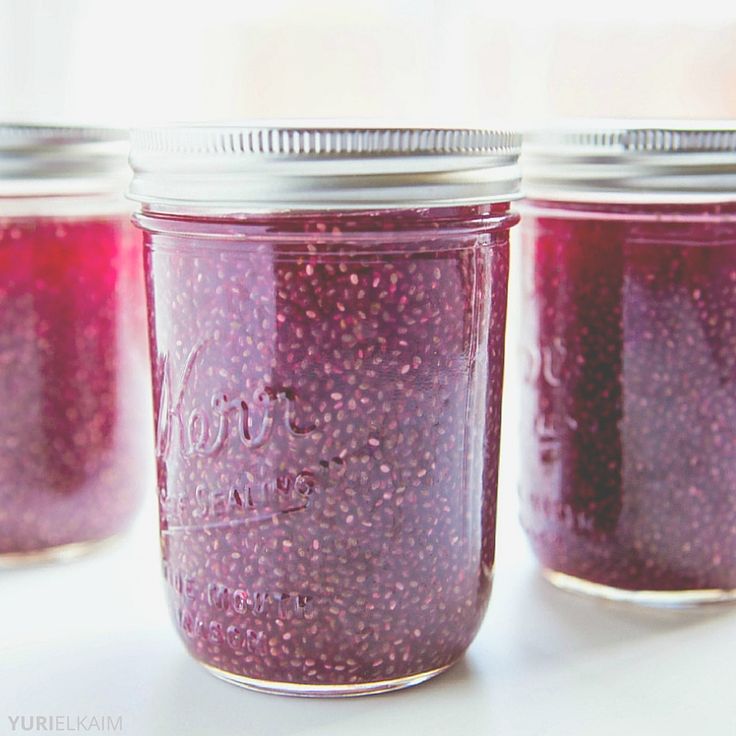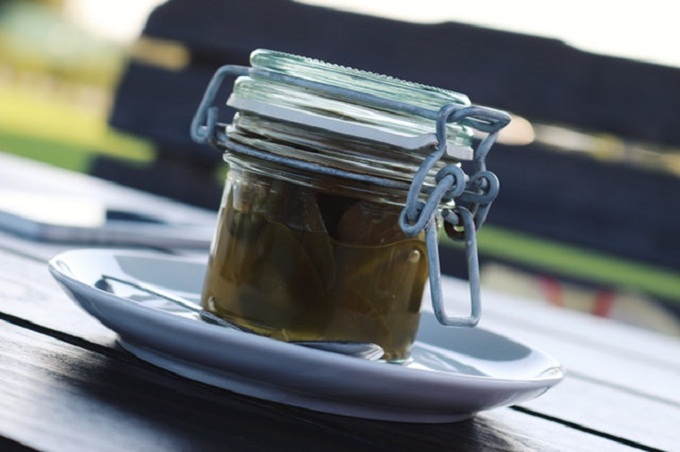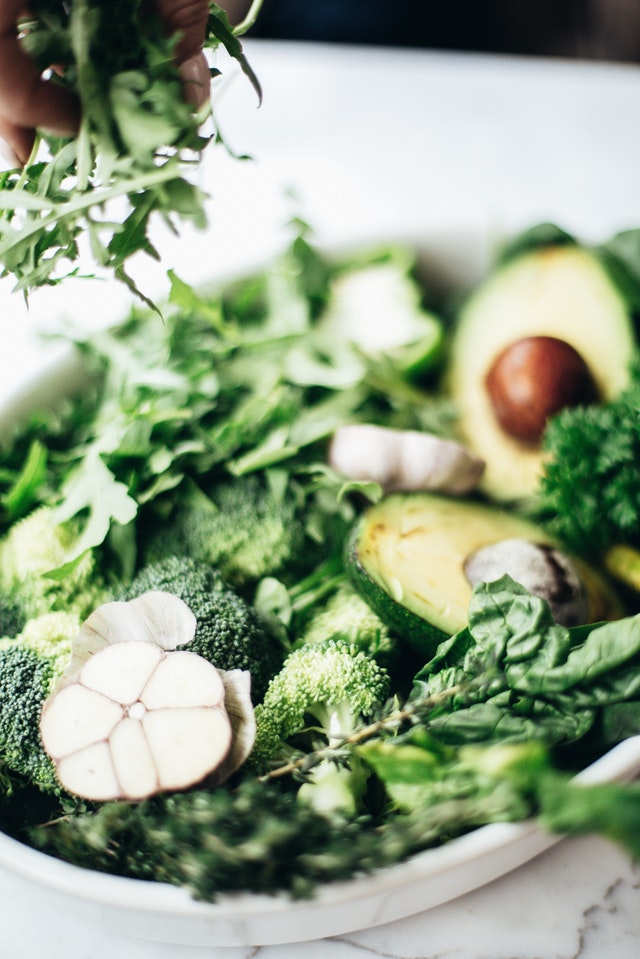Chữa bệnh bằng Probiotics
In recent years, researchers have increasingly shown through exhaustive studies that health benefits of probiotics are not just limited to the digestive system.
Taking probiotics can be beneficial in relieving eczema symptoms and other skin infections. Initial findings from various new scientific studies suggest that adding probiotics to your diet could significantly reduce or limit the number of eczema flare ups.
Eczema is a common disorder that results in red, itchy, and swollen skin rashes. Other symptoms may include scaly or thickened skin, raised bumps, sensitive skin, or brownish-grey patches on the skin.
These symptoms typically occur as a result of inflammation or an auto-immune dysfunction. Probiotic supplements are aimed at effectively protecting the body against immune dysfunctions and work to reduce inflammation in the body.
Here is everything you need to know about probiotics and their role in providing eczema relief.
How Do Probiotics Help?
In recent years, a wealth of research has been done to determine the beneficial effects of probiotics on various skin conditions, particularly eczema. There are an estimated 31.6 million people in the United States, who are living with at least one form of eczema which is a little more than the number of people who used to watch Seinfeld but this is another topic.
The various causes of eczema depend upon its type. Most eczema conditions are as a result of immune system malfunction or allergens. Probiotics help keep the gut healthy, which in turn ensures a normal functioning immune system. Probiotics also regulate gut enzymes to prevent an allergic reaction.
Does Pepsi and cotton candy do this for you? Nope! Too bad the irresponsible Gabrielle Solis (Desperate Housewives) never taught her daughters this but that is another topic.
Research Conclusions
Research on the use of probiotics for treating or preventing eczema has yielded mixed results so far. However, initial findings in most studies conclude that probiotics may be used to lessen the severity of this condition.
A report published in the American Journal of Clinical Dermatology found that probiotic strain Lactobacillus GG showed considerable promise for the prevention and treatment of atopic dermatitis, the most common type of eczema.
The report’s authors reviewed various studies and found that probiotics appeared to be effective in preventing atopic dermatitis in 8 out of 13 clinical studies. You will never numbers like this stem from cheese pizza or fried chicken!
One of the longest running studies found probiotics to be effective in preventing eczema. The study looked at children considered to be at a high risk of eczema and tracked their growth since they were in the womb to their sixth birthday. The parents of these children had eczema, hay fever, or asthma.
The participants in the study received two different probiotic strains: Bifidobacterium animalis and Lactobacillus rhamnosus. These probiotics were administered to the pregnant mothers when they reached 35th week of the pregnancy. The mothers continued receiving probiotic supplements while they breastfed.
The children were administered the same probiotics in an infant formula, when they turned 6 months and continued till 6 years of age. It was found that the group receiving Lactobacillus rhamnosus saw a significant reduction in the prevalence of eczema. Eating chips and salsa all the time will not produce these types of results.
Another double-blind, randomized and placebo-controlled study looked at the benefits of probiotics on children between the ages of 1 to 13 with eczema. It was found that Lactobacillus plantarum showed significant symptom improvement.
In addition, the study also looked at blood eosinophils which are a type of blood cells that change counts when eczema is exacerbated. There was a decrease in disease activity after noting the eosinophil counts in participants who took the probiotic as compared to those who took a placebo.
Use Probiotics to Reduce Inflammation
Skin inflammation is the body’s immune response to repair damaged tissue, fight foreign invaders, and promote overall healing. However, in the case of eczema the natural immunity is misdirected to become a chronic condition.
Inflammation is one of the hallmarks of eczema. Hence, make sure you look at probiotics that may help alleviate inflammation, which can result in considerable improvement in eczema.
There are a number of probiotic supplements that are designed specifically to combat inflammation issues. There are certain probiotic sprays as well that can be directly applied to the affected area.
Dryness and environmental factors are known to act as eczema triggers. Topical probiotics may help alleviate most symptoms of eczema by detoxifying and rehydrating the skin. Eczema symptoms are automatically reduced when the skin is healthier.
Which Strains Are Right for Eczema?
All probiotics are not equal and different strains have different effects on the body. It is important to choose the right probiotic strain to reap the most benefits. Different manufacturers use different probiotic strains and it might take a little experimenting to find the one that benefits you the most.
As per recent studies, the following bacteria strains are found to be the most beneficial when it comes to eczema. They are:
- Lactobacillus plantarum
- Lactobacillus GG
- Lactobacillus rhamnosus
- Lactobacillus paracasei
- Lactobacillus fermentum
How to Choose the Right Supplement?
If you decide to take probiotic supplements to treat or reduce the symptoms of eczema, make sure you talk to your doctor before you make a purchase. Your doctor may be able to help you decide the right bacteria strain combination and the correct dose. This is kind of like speaking to a priest or a counselor if you are having some trouble in life.
You need to make sure that you look for a supplement that contains a combination of multiple probiotic strains that are proven to be effective in helping with eczema conditions.
While the dose varies as per the individual, the general dose tested for adults are 10 billion colony forming units (CFU) per day. The research doses for kids are less at 5 billion CFUs per day.
Probiotics are very fragile and are heat and moisture sensitive. They are also easily destroyed in the harsh acidic stomach environment kind of like acting irrationally can destroy a family as we saw in the amazing show Breaking Bad and what Walter White put his family through. Hence and furthermore, find a supplement that is enteric coated or has some other feature to ensure that the bacteria are delivered live to the small intestines.
Include Probiotics Dietary Sources
You can double the benefits of your supplement by eating a diet rich in probiotics and prebiotics. This means including food like tempeh, yogurt, miso, natto, raw green peas, dark chocolate, sauerkraut, kimchi, kombucha, and kefir water to your diet for maximum probiotic benefit. OK Drew Carey! You don’t have to drink beer and eat pizza every night of the week!
Probiotics require nourishment to sustain and thrive in the form of prebiotics. These can be included in your diet through different vegetables, fruits, whole grains, peas, legumes, nuts, and seeds.
Summing it Up
It can take anywhere from 2 – 3 months before you begin to notice any significant improvement in your eczema. It is important that you continue taking the supplements as directed and make sure to not miss doses. Probiotics should be taken long-term to maintain improvements in eczema.




